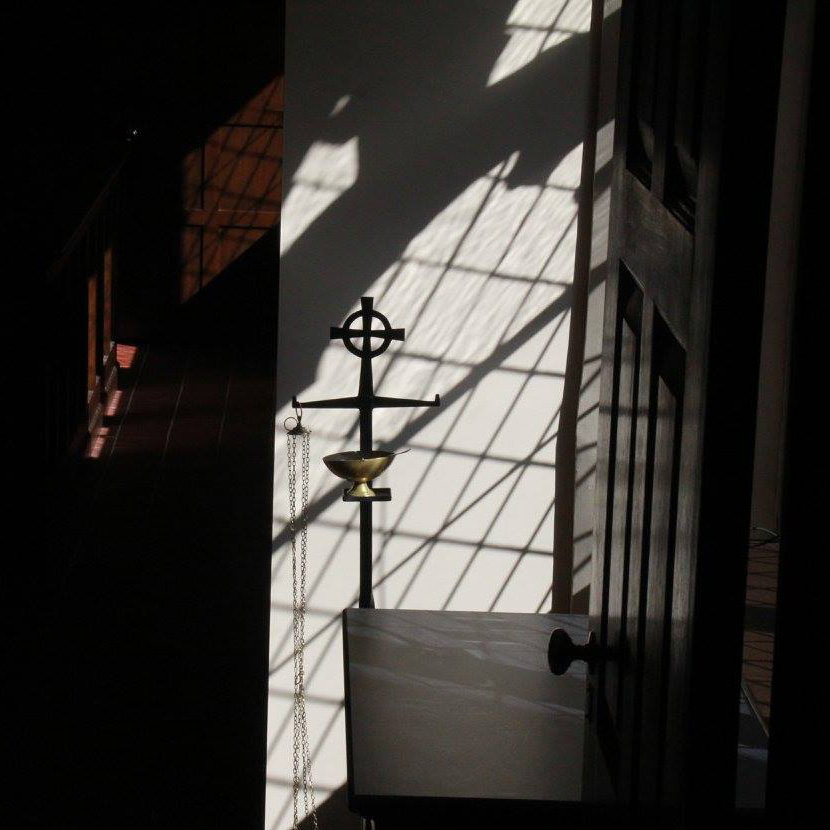My dear folk,
I don’t know why it should, but I’m always surprised at how often people tell me of their memories of Christmas Eve Mass. If asked for a particularly precious memory of something in our Christian life, I suspect that for many of us it would involve that beautiful and time- honored service. There’s no criticism in that. Indeed, I have to plead guilty myself: one of the most vivid memories of my first year in Holy Orders is of preparing the altar at the Midnight Mass while the congregation lifted their voices singing “O Come All Ye Faithful.”
{grid8} My point is not that Christmas Eve isn’t important in the story of God’s plan of salvation for mankind – far from it! Yet seldom do I hear the Easter Vigil or any of the other Holy Week services mentioned with the same affection. Christmas marks the beginning of the fulfillment of those promises so long made: God would redeem his creation from the bondage of sin; life and not death would be the final word. Christmas marks the onset of those climatic events; it leads to accomplishment of that redemption.
But how can we hope to grasp the love for us that would take the Son of God to the torturous death on the Roman cross? That love is so far beyond measure for us that it is almost incomprehensible. Occasionally we see someone who heroically lays down their life for others. A firefighter returning to a burning building to be certain that no one remains only to be killed as the building collapses; a soldier throwing himself on a grenade to save his comrades. It is surely part of what lies behind the great respect with which motherhood has traditionally been viewed: the innumerable instances of giving up something in one’s own life for the benefit of a child. Yet these are merely glimpses of something that lies far from the experience of most of our lives.
In the Incarnation of our Lord we see God’s love made manifest in a form that we can begin to understand. He took human flesh upon Himself: he knows our hopes and fears, our joys and triumphs, our temptations and frustrations. We can recognize the humility that for our sake was willing to be a child, even a helpless infant. We can appreciate his glory manifested not to the kings and priests, but to the simple shepherds at work on the hillside and to the foreigners who followed the star. I suspect that it is precisely because we can begin to relate to it that Christmas speaks so powerfully to us of God’s love.
Both Easter and Christmas are real encounters with the incomprehensible mystery of God’s love for us. In Easter we see it at its most clear, like staring into the noon-day sun. In Christmas it is so much more accessible to us; there is so much more that we can recognize and relate to. If Easter is like staring into the noon-day sun, Christmas is like watching the first rays of sunlight breaking over the horizon. So let us rejoice and revel in the new light of the dawn, knowing that the noonday shall follow in its time.
Yours, in his service,
Michael J. Godderz+
{/grid8}{grid4_last}

(Ruth Godderz)
{/grid4_last}

